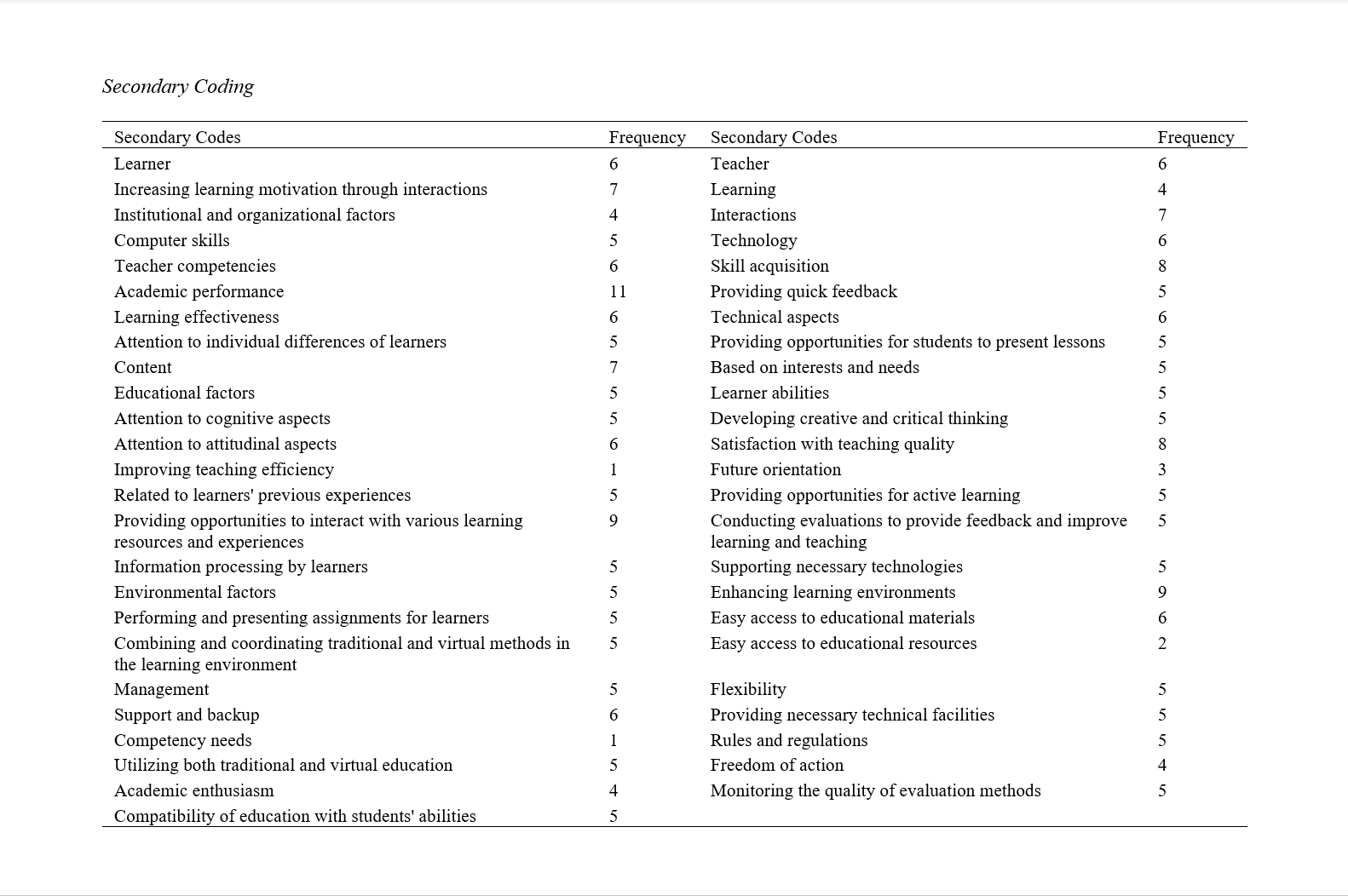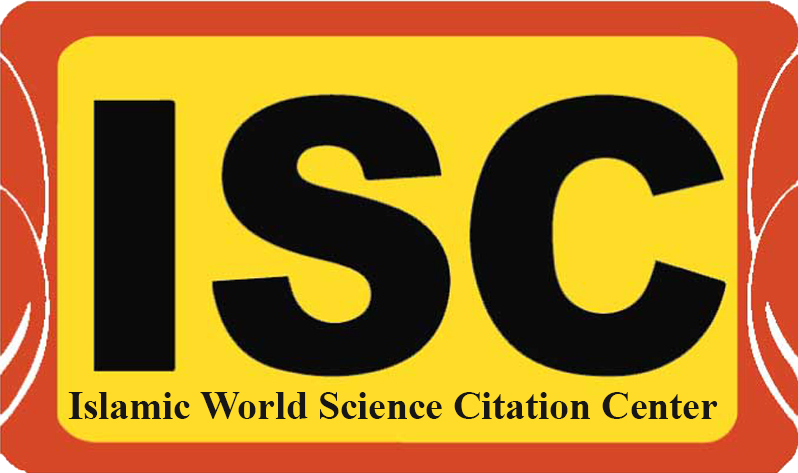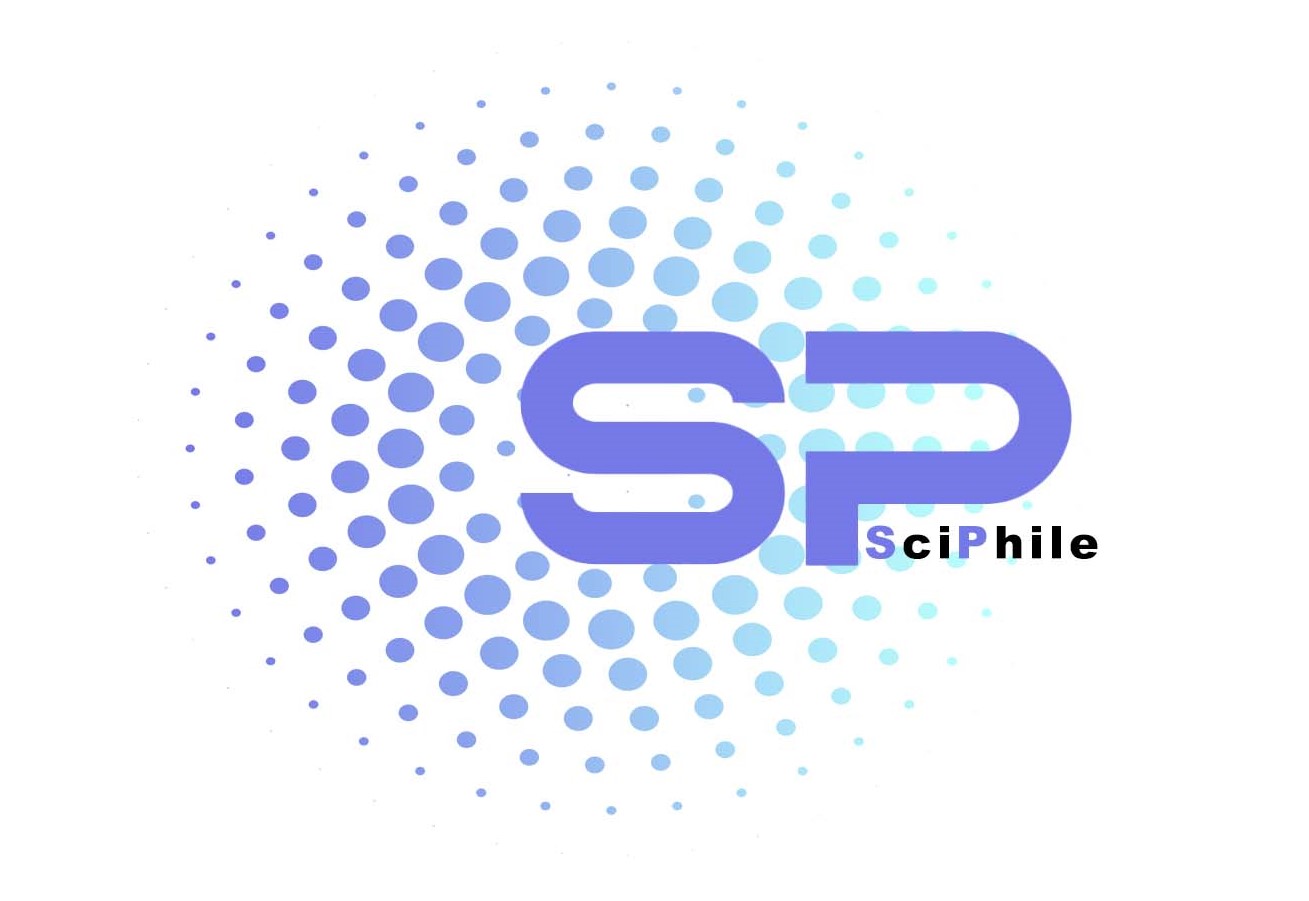Design and Testing of an Education Model Based on a Blended Approach for Nursing Students at Lorestan University of Medical Sciences Using Thematic Analysis Approach
Keywords:
blended approach education, pedagogy of education, educational objectives, educational content, teaching methods, educational evaluationAbstract
Objective: The present study aimed to design and test an education model based on a blended approach among nurses at medical universities.
Methods and Materials: In this qualitative study, the participants included experts and specialists in the field of medical education, nursing department managers, and nursing faculty members (academic staff) with specific years of experience in medical education at Lorestan University of Medical Sciences, totaling 15 individuals. The study was fundamental in nature. The research tools included semi-structured interviews and a review of the literature and previous research. The findings were analyzed using document analysis, library studies, thematic analysis, and the Delphi method.
Findings: The results indicated that the education model based on the blended approach emerged in the form of five components: pedagogy of education, educational objectives, educational content, teaching methods, and educational evaluation. The quantitative data analysis results showed that the blended approach education for students included 41 indicators within five main components (pedagogy of education, educational objectives, educational content, teaching methods, educational evaluation), of which three components (pedagogy of education, educational objectives, teaching methods) were derived from literature review, and two components (educational content, educational evaluation) were derived from data analysis of interviews.
Conclusion: The results suggest that the blended approach in education, encompassing pedagogy, educational objectives, content, methods, and evaluation, effectively addresses the diverse needs of nursing students. By integrating traditional and virtual methods, this model enhances flexibility, engagement, and the overall quality of education, supporting better academic performance and satisfaction among nursing students at Lorestan University of Medical Sciences.
Downloads

Downloads
Additional Files
Published
Submitted
Revised
Accepted
Issue
Section
License
Copyright (c) 2024 Nahid Dehghankar (Author); Mehry Daraei (Corresponding Author)

This work is licensed under a Creative Commons Attribution-NonCommercial 4.0 International License.

























